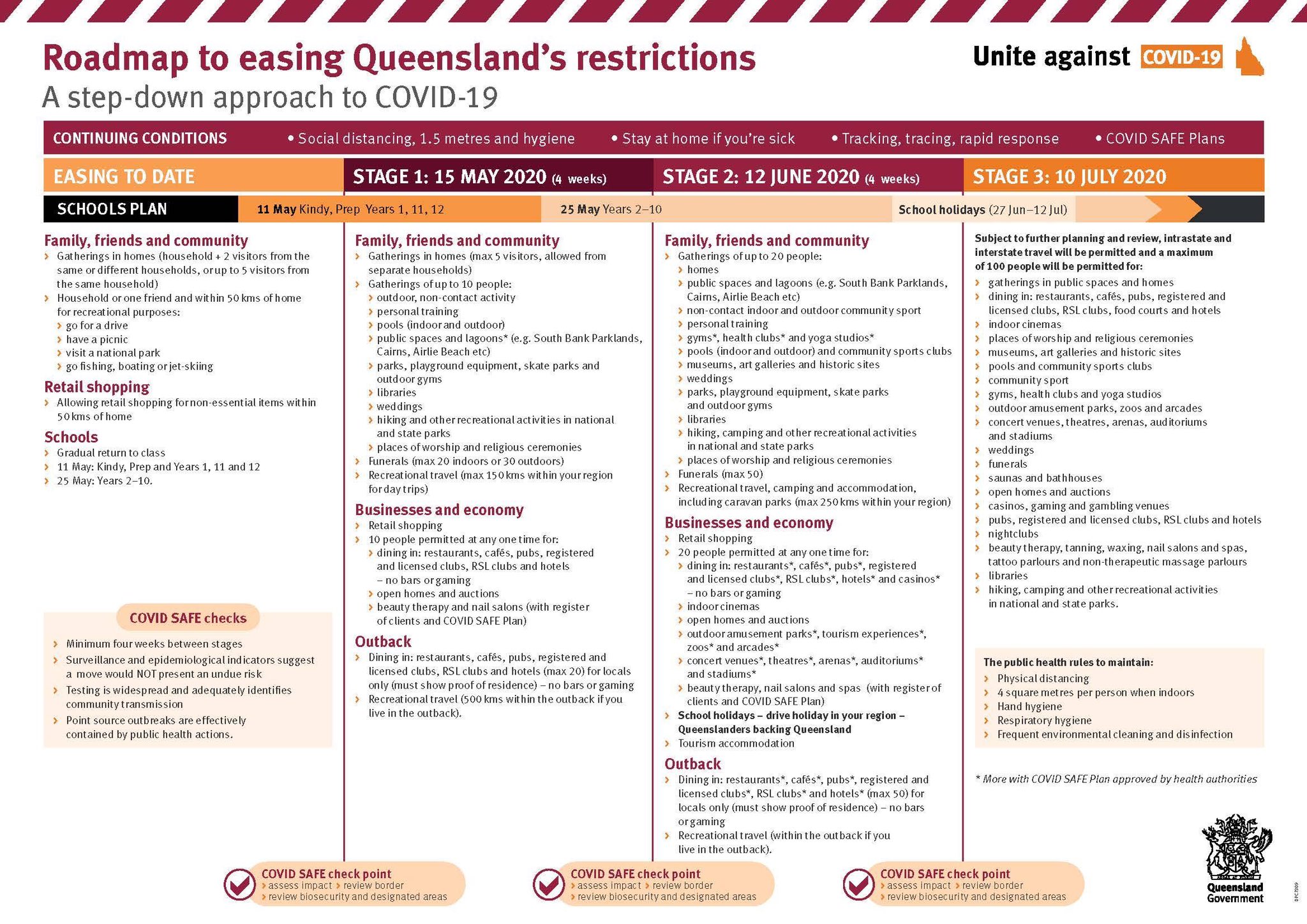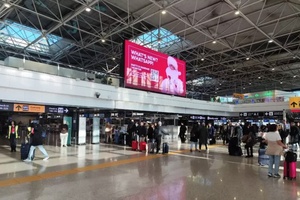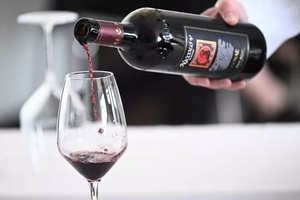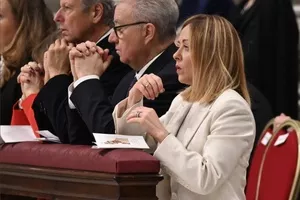Several states and territories have already announced their timelines for implementing the plan, while other jurisdictions have said current restrictions will stay in place for now.
Here’s a state-by-state guide to what we know so far.
New South Wales
NSW Premier Gladys Berejiklian has urged people to stick to existing lockdown rules over the weekend, stressing that NSW will not rush the introduction of lifting coronavirus restrictions.
Berejiklian has insisted she wants the state’s economy to reopen as soon as possible but confirmed there would be no changes immediately.
“NSW will be considering the data we collected in May, to make sure that any further consideration of easing restrictions will be done in a solid way so that we continue to gain ground,” Berejiklian said this morning ahead of the National Cabinet meeting.
“You can’t just make a decision and implement it immediately; there are 8 million people I need to consider.”
Victoria
Victorian Premier Daniel Andrews has said there will be no change to restrictions in the state until Monday.
“This morning we had a very good National Cabinet meeting,” Andrews said.
“Whilst I welcome the overall pathway, I also welcome the commentary from the prime minister that what is done and when ... is fundamentally a matter for state and territories.”
Andrews urged Victorians to not “throw away all the progress [they’ve] made” by breaching restrictions before they are eased.
“I know it’s frustrating ... but now is not the time to become so impatient ... that we start doing the wrong thing,” he said.
The premier said when there was more to say about cafes and restaurants, gatherings and every element of the three-stage framework, he would communicate it.
Queensland
Queensland restaurants, pubs, clubs, RSLs and cafes will be allowed to reopen a minute before midnight on Friday, May 15, as part of Stage 1 of relaxed restrictions in the state.
Premier Annastacia Palaszczuk has also announced that Queenslanders will be allowed to travel up to 150 kilometres from their homes from that time.
Libraries, play equipment and outdoor gyms will also open.
Up to 10 people will be able to gather in a public space, 10 guests will be allowed at weddings and funeral attendance will be increased to 20.
Open homes and auctions will resume and public pools and lagoons will reopen with a maximum of 10 people at one time.
Bars will remain closed for now.
“We are dealing with the health crisis and economic crisis but I know that Queenslanders want certainty and they want a clear path forward in terms of what they can do,” Palaszczuk said.
“And when that life can start returning back to some form of normality, and of course this is going to be gradual, it will take time and we cannot rush these and do everything all at once.”

Northern Territory
The Northern Territory expects to enter Stage 2 of its “roadmap to our new normal” next week.
Stage 2 would see restaurants and pubs in the region reopen.
The territory has already entered Stage 1 and relaxed many restrictions, due to its low infection rate.
There are only two active cases of coronavirus in the Northern Territory.

Western Australia
Western Australians will have to wait until Sunday to learn which coronavirus restrictions will be eased next in the state.
Speaking before the national cabinet meeting on Friday, Premier Mark McGowan said Western Australia could be more “economically progressive” than other states and relax more restrictions.
Reopening at least some intrastate borders is a possibility to help boost the local economy.
While Western Australia has been more advanced in its loosening of some restrictions, including increasing gatherings to 10 people and allowing home opens, the state government’s stance on the hard border closure has been strict.
McGowan said he would need to be confident there were “very low or virtually zero” infections on the east coast before reopening Western Australia’s border.
South Australia
South Australia will enter Stage 1 of the plan next week, meaning five guests in private homes will be allowed, as well as gatherings of up to 10 people in businesses and public spaces.
Restaurants, small cafes, retail stores, libraries, community centres and playgrounds will reopen.
Universities and TAFEs can conduct face-to-face tutorials.
Restaurants, cafes, community centres, youth centres, RSL halls, local libraries, pools and outdoor sport will also be opened to limited groups.
Funerals are permitted 20 mourners indoors and 30 mourners outdoors.
Regional travel restrictions will be lifted.
Premier Steven Marshall said the state would also be the only jurisdiction in the country to ease restrictions on camping and caravanning in Stage 1.
“We encourage people to get out, explore our beautiful backyard,” he said.
Tasmania
Tasmania will ease its coronavirus lockdown restrictions from May 18.
Tasmanian Premier Peter Gutwein said as part of the Stage 1 changes, social gatherings will be increased to include 10 people for both indoor and outdoor activities.
He said school students will return to classroom learning from May 25.
“In two weeks time, kindergarten to Year 6 students can return to learning at school,” he said.
“Year 11 and 12 students at extension schools and colleges will return to learning at school as well.
“Importantly, for aged care visits, we will move to the national restrictions, meaning there will be up to two visitors at least once a day into an aged care facility.”
Restaurants, cafes, hotels and RSL clubs may also reopen for up to 10 people at a time.
Gutwein said the state’s border controls will “remain in place”.
Australian Capital Territory
Small private gatherings will be allowed in the ACT from midnight tonight when some coronavirus restrictions are eased.
ACT Chief Minister Andrew Barr said a maximum of 10 people could gather inside or outside a home in time for Mother’s Day on Sunday.
Boot camps and physical training can take place outdoors but with a maximum of 10 people.
Open homes and auctions will restart in Canberra from Saturday, while also enforcing the 10-person limit.
Attendees at weddings have also risen to 10 people, excluding those conducting the ceremony.
A limit of 20 people will be applied to indoor funerals and 30 people for outdoor funerals.
The 10-person limit also applies to places of worship and religious ceremonies while private worship is also allowed.
But cafes and restaurants will remain closed for all dine-in customers.
More announcements relating to cafes, restaurants and other businesses are expected in the coming weeks.




























